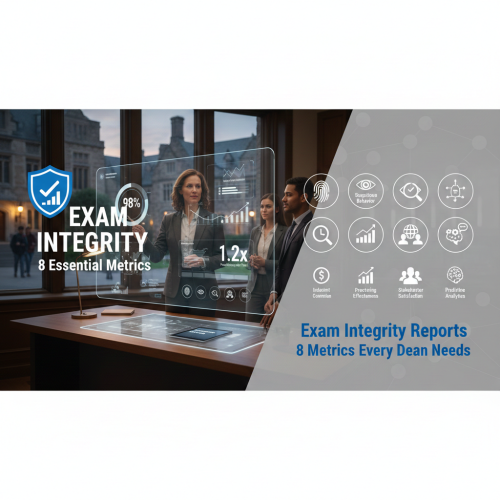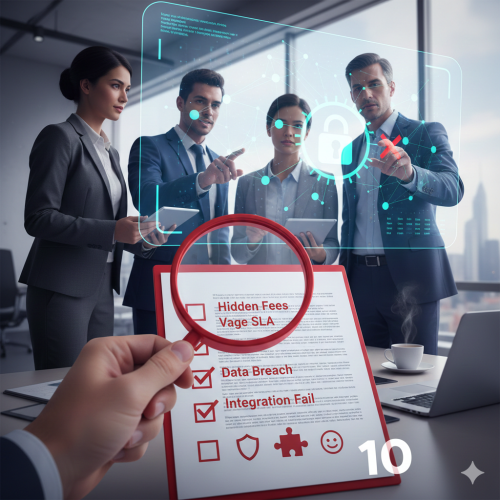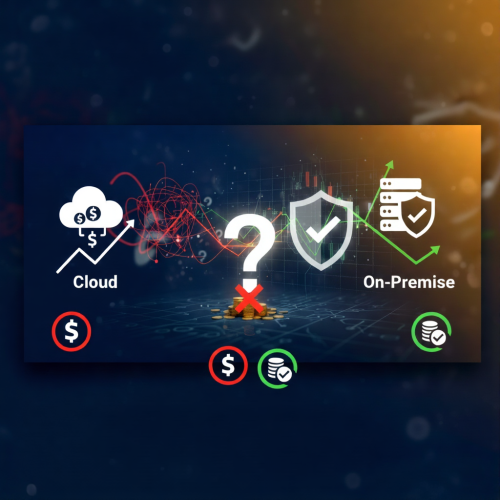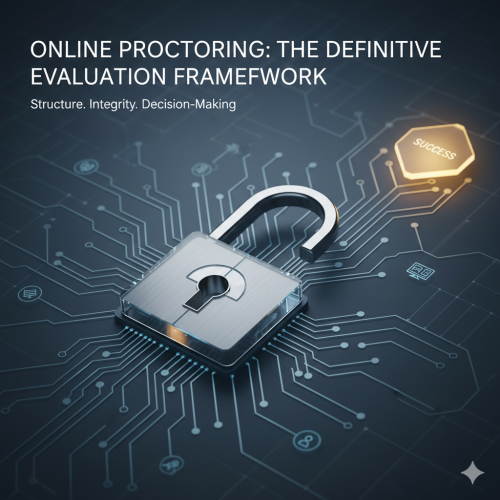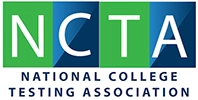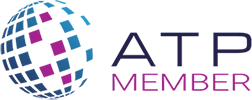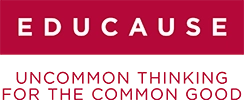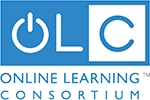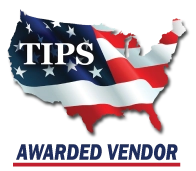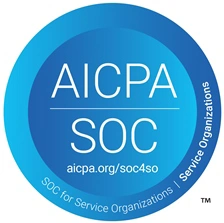The COVID-19 pandemic and subsequent movement towards remote learning has coincided with a rise in cases of academic dishonesty. According to a survey conducted by Wiley in May of last year, 93% of instructors surveyed think students are more likely to cheat online than in person.
According to the University of Pennsylvania’s Office of Student Conduct, academic integrity violations increased by 17%, investigations of cheating cases increased by 72%, and "unauthorized collaboration/use of another person’s work" increased by 85%, from the 2018-19 to 2019-20 academic year.
This recent uptick may be in part because it has become easier for students to cheat. Compared to in-person exams that were always proctored, only 34% of respondents in the Wiley survey proctored or monitored tests, either in-person or using a webcam.
This lack of proctoring or inadequate proctoring can allow students to cheat during tests. According to research published last year in the Journal of the National College Testing Association, “25% of the (601) students responding indicated that it should be expected that students will use whatever is available to them in a take home or online test.”
Poojita Chinmay, a second-year Penn student, highlights her dismay when the average score of the first exam for her chemistry course last fall was a 74%, a 20% bump from previous years. “The cheating is pretty obvious," Chinmay said, in an interview with the Daily Pennsylvanian. "As someone who didn't cheat on the exams, I'm just concerned that I'm falling behind, because I'm taking the moral route."
Not only are students hurting themselves by not adequately learning course material, cheating on exams can often inflate curves, hurting students who are not taking part. “These are classes that I feel like I would perform well in person for, but now I'm even having to consider if I should pass/fail this class because of the cheating," Chinmay said.
Academic dishonesty also risks disciplinary action. In a high profile case of cheating on a calculus final exam in May of last year involving 73 cadets at West Point, 61 were found guilty of cheating, including 8 who were expelled. Even for the cadets who remain, their actions will have lasting consequences: they will be on academic probation until they graduate.
A cheating ring is not unique to class-specific exams. The College Board, which administers AP and SAT exams, had originally adapted AP exams into an open book, not proctored format. However, in May of last year, the Senior Vice President of Advanced Placement and Instruction at the College Board Trevor Packer tweeted the AP exam registration was cancelled due to “a ring of students who were developing plans to cheat.”
Allowing students multiple hours to take exams, often to accommodate students in different time zones, may also have the adverse effect of giving students the opportunity to check answers with peers before submitting their exams or utilizing online resources. In particular, students take advantage of subscription services like Chegg and Course Hero to upload test questions for company tutors to solve.
Prominent schools like the Georgia Institute of Technology, Boston University, North Carolina State University and Purdue University have had cases of cheating through these services, including one case at NC State in which more than 200 students of a 800-person class were referred for disciplinary action for using Chegg solutions on an exam.
Since these services are so prevalent and easily accessible, it is often up to professors to request for materials to be taken off the websites, a process that can sometimes take weeks. Even when professors are proactive, students can use fake names or personal email addresses to sign up for these services, making it harder to trace back to their universities.
Professors can take measures to reduce cheating including proctoring, lockdown browsers, open-book policies, or plagiarism software. These measures can level the playing field and reward students who are not cheating, rather than those who inflate exam curves. Rather than ignore the need for systems that prevent academic dishonesty such as remote proctoring, the more successful approach would be to adopt these systems in an informed and open way. That would start with educating students about their use and how they benefit students directly by validating their learning through exam integrity.

